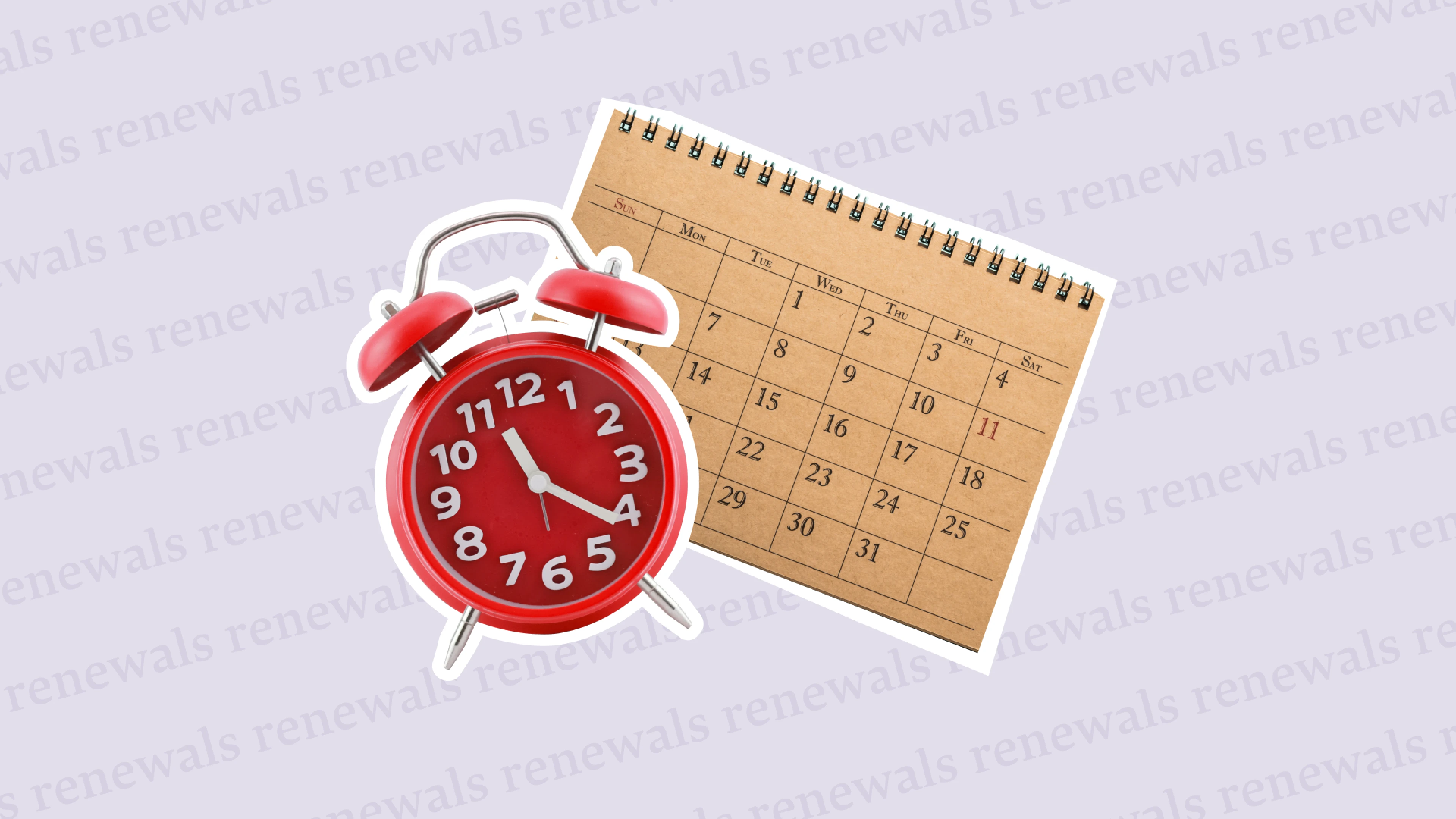How is ACH used in payroll processing?
How long does an ACH payroll transfer take?
Is ACH payment secure for employee payroll?
How do employers troubleshoot ACH payroll issues?
Automated Clearing House (ACH)
Automated Clearing House (ACH) is an electronic network that facilitates the transfer of funds between banks for direct deposits, bill payments, and other financial transactions.
How is ACH used in payroll processing?
To process payroll via ACH, the employer submits a payment file to their bank, which sends it through the ACH network. The funds are then routed to each employee’s bank, where they’re deposited into individual accounts. ACH is commonly used for direct deposit, making it a fast and efficient method for paying employees compared to paper checks.
How long does an ACH payroll transfer take?
ACH payments usually take one to three business days to process. Standard transfers can take a couple of days to clear, but with same-day ACH, the money can be deposited into the recipient’s account on the same day. Timing depends on the banks involved and when the payment is submitted.
Is ACH payment secure for employee payroll?
ACH payments are considered secure and are widely used in payroll processing. The network uses encryption and fraud prevention tools to protect personal and financial data. Banks also apply their security measures to monitor for any unusual activity, making ACH a reliable method for payroll.
How do employers troubleshoot ACH payroll issues?
To troubleshoot ACH payroll issues, employers should begin by verifying bank account numbers, routing details, and ensuring the payment file is correctly formatted. Employers should coordinate with their payroll provider or bank to pinpoint any errors or delays. Standard solutions include updating incorrect account information, resubmitting the ACH file, or confirming bank cutoff times to prevent missed processing windows.
Dive Deeper with Justworks’ Resources
Get a closer read on relevant topics related to benefits, payroll, HR, compliance, and more.







